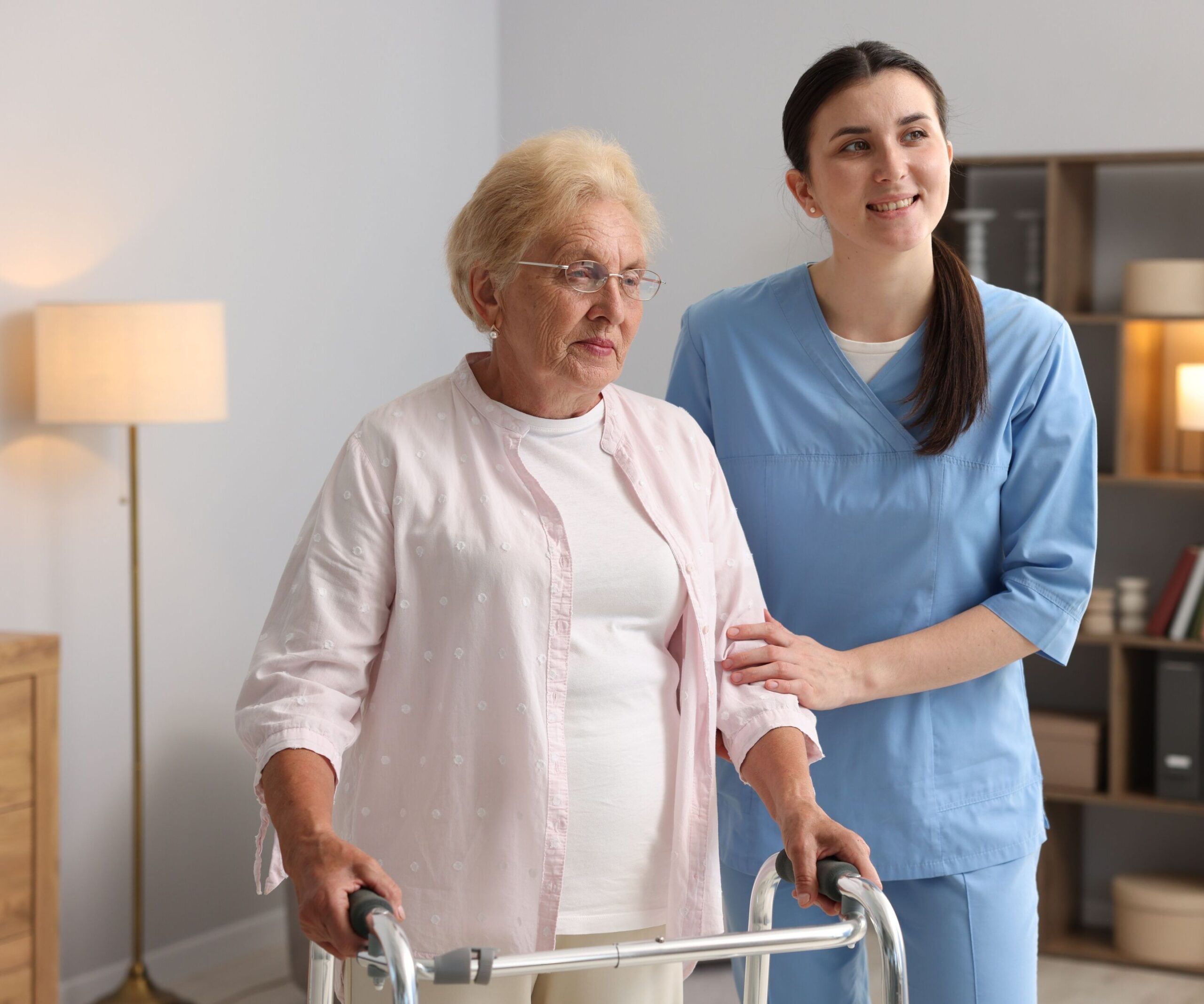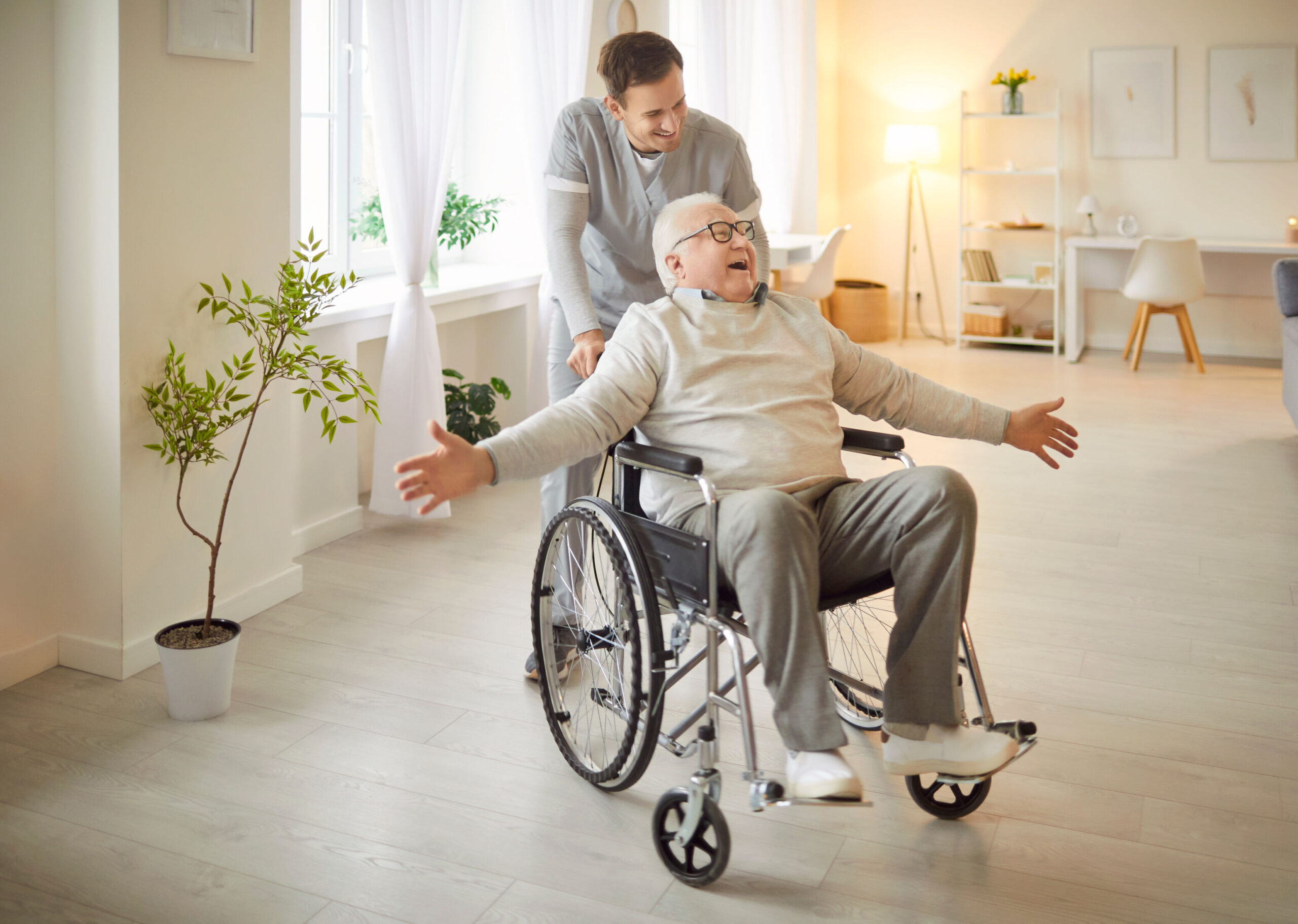
Table of Content
Supporting a senior loved one after surgery or during recovery can feel overwhelming, but your care and attention can significantly impact the healing process. Whether you’re assisting with daily tasks or simply offering emotional support, understanding your loved one’s needs is key to helping him or her recover comfortably and confidently. Here’s how you can provide effective and compassionate support during this time.
Create a Recovery-Friendly Environment
A well-prepared recovery environment plays a crucial role in enhancing comfort and reducing stress for your loved one.
- Set up a comfortable space where your loved one can rest. Ensure accessibility by keeping necessities like water, medication, snacks, and entertainment within arm’s reach.
- Prioritize cleanliness and organization to prevent hazards, such as tripping over clutter or slipping on loose rugs. This is especially vital if mobility is currently limited.
- Keep items your loved one regularly uses handy, such as his or her phone, charger, or reading glasses, to reduce unnecessary movement.
Your attention to these details can ease the stay-at-home recovery phase.
Assist with Medical Needs
Navigating post-surgery medical instructions can be overwhelming, and this is where your intervention can be invaluable.
- Help with medications by organizing them in a pillbox or setting reminders for particular times throughout the day.
- Ensure appointments are scheduled, whether they’re follow-ups with doctors or physical therapy sessions. Offer to drive your loved one to these appointments if he or she is unable to.
- If medical devices or specialized care like wound management are required, educate yourself on proper usage or instructions as advised by medical professionals.
Understanding and assisting with these needs demonstrates your commitment to the healing process.
Hiring a professional caregiver is another great way to support your parent’s recovery process. At-home care providers can benefit aging adults in a variety of ways. From cooking nutritious meals to offering timely medication reminders, the dedicated caregivers at Assisting Hands Home Care are available to help your elderly loved one 24 hours a day, 7 days a week.
Keep Nutrition and Hydration in Mind
Proper nutrition is critical for recovery, as the body needs extra energy to heal. Here’s how you can ensure your loved one maintains a balanced diet.
- Prepare wholesome, easy-to-digest meals that account for any dietary restrictions or guidelines from the doctor. For instance, depending on the surgery, your loved one may need meals loaded with protein, fiber, or low-sodium items.
- Encourage regular water consumption to avoid dehydration, which can slow down recovery.
- Consider having prepared meals or meal kits delivered if cooking isn’t an option for you, as this ensures he or she is still receiving the right nourishment.
Tending to nutrition shows care and boosts the overall recovery progress.
If you’re the primary family caregiver for a senior loved one living in Frederick, live-in care is available around the clock if your loved one’s health has become too difficult to manage without professional expertise. At Assisting Hands Home Care, we take measures to help seniors prevent illness and injury by assisting with exercise and mobility, preparing nutritious meals, helping with bathing and other personal hygiene tasks, and much more.
Offer Emotional Support and Patience
Recovering physically is only part of the healing process. Emotional support is equally essential.
- Listen to your loved one’s concerns without judgment, whether he or she is voicing frustrations about pain or fear of dependence. Sometimes, a sympathetic ear can make all the difference.
- Respect the need for rest but spend quality time with your loved one when he or she feels up to it, whether it’s watching television together or chatting over tea.
- Be patient and reassuring during moments of irritability, as discomfort and limited mobility can lead to mood swings.
Your steady presence can create a sense of comfort and security that aids your loved one’s mental wellbeing.
Arrange for Extra Help if Needed
While you may want to do everything for your loved one, there are times when seeking additional help is the best option.
- Consider hiring professional caregivers or nurses for specialized assistance, whether it’s managing wound care or mobility exercises.
- Reach out to other family members or friends to form a shared support network so you don’t get overwhelmed.
- Suggest resources such as local support groups or online communities where your loved one can connect with others going through similar recoveries.
Knowing when to call for help ensures your loved one’s recovery needs are met without putting excessive strain on yourself.
Seniors can face a variety of age-related challenges. Though some families choose to take on the caregiving duties, there may come a time when they need a trusted Frederick senior home care provider. Families sometimes need respite from their duties so they can focus on their other responsibilities, and some seniors need around-the-clock assistance that their families are not able to provide. Assisting Hands Home Care is here to help. Call one of our Care Managers today to learn about our customized in-home care plans.








